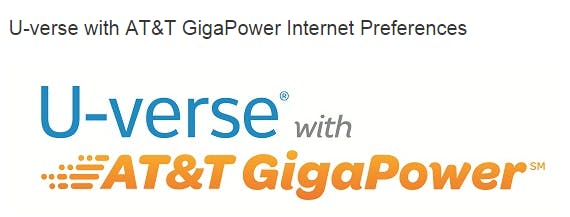AT&T‘s announcement that it would offer fiber Internet in the Kansas City, Mo., metropolitan area was met with cautious excitement. By going head-to-head with Google Fiber, AT&T was ensuring that a major metropolitan area would enjoy true competition in the fiber space for the first time.
Unfortunately, as with so much of what the major telecom companies do, there’s a catch.
AT&T’s fiber Internet plan—called “U-verse with AT&T GigaPower”—costs $70 per month, which is the same price that Google charges for its fiber plan. However, unlike Google Fiber, AT&T tracks your browsing habits and sells that information to advertisers.
The tracking takes place through the AT&T Internet Preferences system, which users must opt out of if they don’t want AT&T watching their browsing activity. AT&T says it can “offer you our best pricing on GigaPower because you let us use your individual Web browsing information, like the search terms you enter and the web pages you visit, to tailor ads and offers to your interests.”
AT&T helpfully points out that “if you don’t choose AT&T Internet Preferences, you can always go with our U-verse with AT&T GigaPower Standard Offer.”
Here’s the catch: the standard offer costs $99 per month. If you don’t want AT&T to track your web browsing, it’ll cost you $29 more per month.
Google tracks non-browsing information generated by its Fiber customers. The company told Ars Technica that it collects “information about the services that you use and how you use them, like when you watch a video on YouTube, visit a website that uses our advertising services, or you view and interact with our ads and content.”
This fits with the standard, cookie-based information collection that all Web services conduct with their users.
H/T Ars Technica | Illustration by Max Fleishman



